Intellectual Property Rights in the Age of Artificial Intelligence: Navigating Challenges and Seizing Opportunities
IIPRD
JUNE 13, 2024
Analyzing the convergence of AI and IPR laws, it elucidates the challenges and ambiguities in recognizing AI as inventors or creators. Ai doesn’t understand what it’s doing in the way that a person does but functionally what it is doing is the same thing that an author or an inventor may be doing.


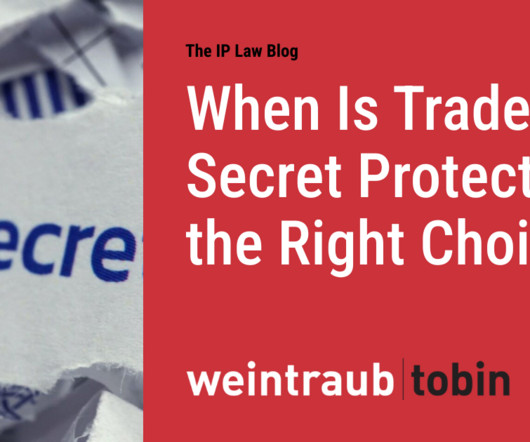
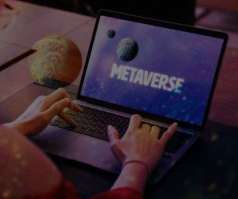
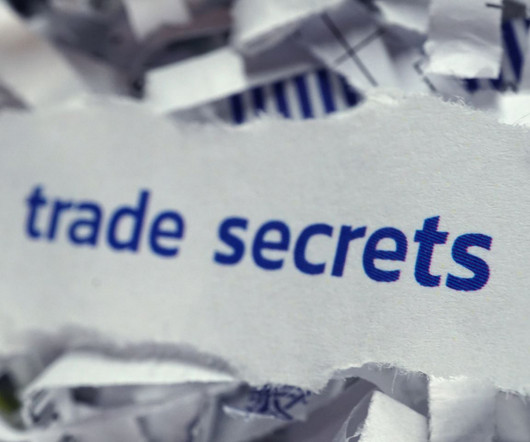
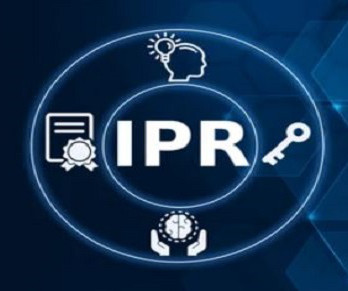


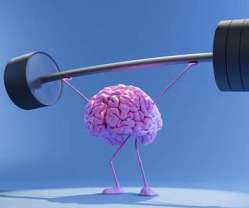

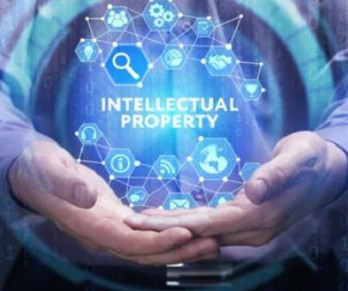

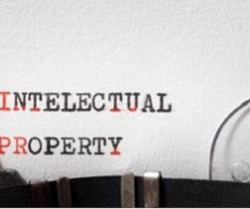

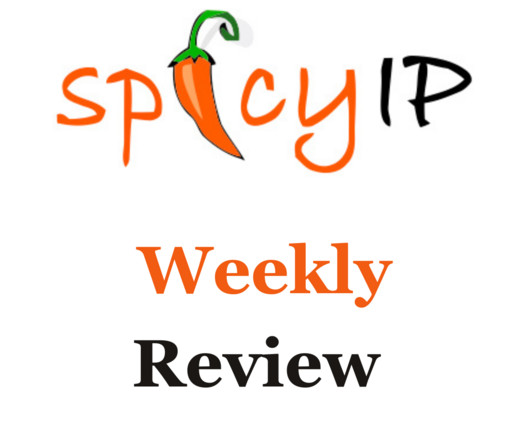
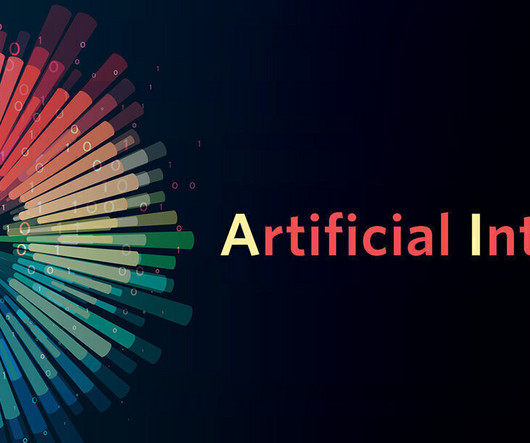






Let's personalize your content